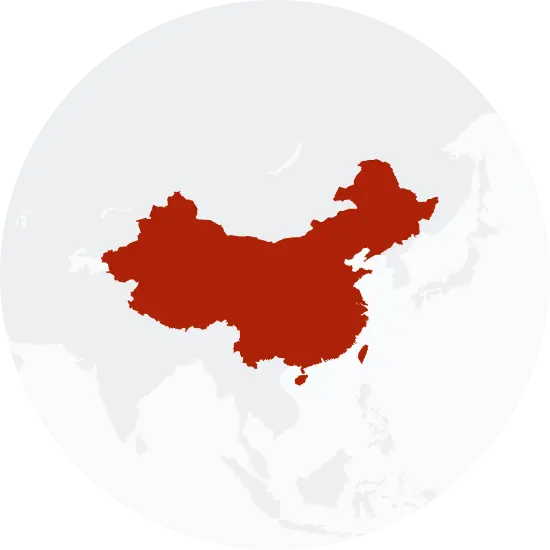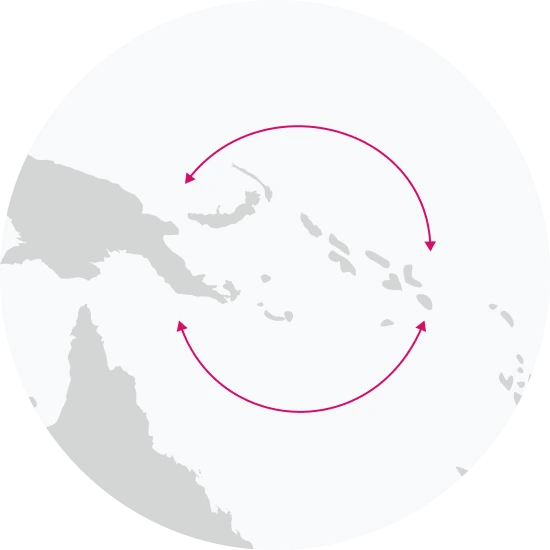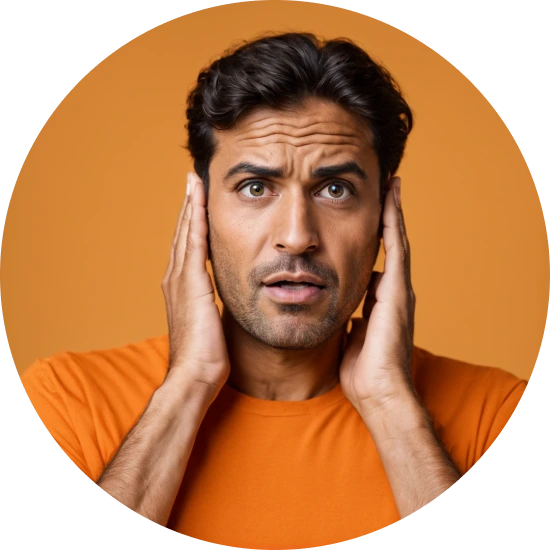Explore the Family Name Man
How common is the last name Man in the United States?
Based on the Decennial U.S. Census data, the surname "Man" has seen a decline in popularity from 2000 to 2010. In 2000, it was ranked 6985 and by 2010 it had dropped to a rank of 8266, indicating an overall decrease in popularity of 18.34%. The count of people with the surname also fell from 4425 in 2000 to 4010 in 2010, a drop of 9.38%. The proportion of individuals with this surname per 100k decreased by 17.07% during the same period.
| 2000 | 2010 | Change | |
|---|---|---|---|
| Rank | #6,985 | #8,266 | -18.34% |
| Count | 4,425 | 4,010 | -9.38% |
| Proportion per 100k | 1.64 | 1.36 | -17.07% |
Race and Ethnicity of people with the last name Man
Regarding the ethnic identity associated with the surname "Man", the Decennial U.S. Census data shows some shifts between 2000 and 2010. Majority of the bearers of the surname identified as Asian/Pacific Islander, though this group's percentage dropped slightly from 70.78% to 67.48% over the decade. The percentage of those identifying as White increased by 6.3%, moving from 20.95% to 22.27%. There was also a significant increase in those identifying as Hispanic, jumping from 2.73% to 4.49%, a change of 64.47%. Those who identified as Black saw a modest increase from 2.58% to 2.99%, while the American Indian and Alaskan Native group saw a 20% decrease. Individuals identifying with two or more races remained relatively stable, declining slightly from 2.71% to 2.57%.
| 2000 | 2010 | Change | |
|---|---|---|---|
| Asian/Pacific Islander | 70.78% | 67.48% | -4.66% |
| White | 20.95% | 22.27% | 6.3% |
| Hispanic | 2.73% | 4.49% | 64.47% |
| Black | 2.58% | 2.99% | 15.89% |
| Two or More Races | 2.71% | 2.57% | -5.17% |
| American Indian and Alaskan Native | 0.25% | 0.2% | -20% |
Man ancestry composition
23andMe computes an ancestry breakdown for each customer. People may have ancestry from just one population or they may have ancestry from several populations. The most commonly-observed ancestry found in people with the surname Man is Chinese, which comprises 35.8% of all ancestry found in people with the surname. The next two most common ancestries are British & Irish (15.4%) and French & German (6.9%). Additional ancestries include Indonesian, Thai, Khmer & Myanma, Eastern European, Greek & Balkan, Chinese Dai, and Spanish & Portuguese.
Ready to learn more about your ancestry? Get the most comprehensive ancestry breakdown on the market by taking our DNA test. Shop 23andMe
| ANCESTRY BREAKDOWN | COMPOSITION |
|---|---|
| Chinese | 35.8% |
| British & Irish | 15.4% |
| French & German | 6.9% |
| Other | 41.9% |

Possible origins of the surname Man
Your DNA provides clues about where your recent ancestors may have lived. Having many distant relatives in the same location suggests that you may all share common ancestry there. Locations with many distant relatives can also be places where people have migrated recently, such as large cities. If a large number of individuals who share your surname have distant relatives in a specific area, it could indicate a connection between your surname and that location, stemming from either recent ancestral ties or migration.
Based on 23andMe data, people with last name Man have recent ancestry locations in China and the United Kingdom of Great Britain and Northern Ireland.
| RECENT ANCESTRY Location | Percentage |
|---|---|
| Guangdong, China | 34.90% |
| Fujian, China | 33.70% |
| Shandong, China | 33.70% |
| Jiangsu, China | 33.10% |
| Zhejiang, China | 33.10% |
What Man haplogroups can tell you
Haplogroups are genetic population groups that share a common ancestor on either your paternal or maternal line. These paternal and maternal haplogroups shed light on your genetic ancestry and help tell the story of your family.
The top paternal haplogroup of people with the surname Man is O-F46, which is predominantly found among people with East Asian & Indigenous American ancestry. Haplogroup O-F46 is descended from haplogroup O-M1359. Other common haplogroups include R-CTS241 and E-M5021, which are predominantly found among people with European and European ancestry. Other surnames with similar common haplogroups are: Low, Lee, Jung, Lang, Young, Novack, Ehlert, Ehrhardt, Nottingham, Nova.
The most common maternal haplogroups of people with Man surname are: N, H, M7b. These most commonly trace back to individuals of East Asian & Indigenous American and European ancestry.
 Paternal Haplogroup Origins O-M1359
Paternal Haplogroup Origins O-M1359
Your paternal lineage may be linked to many of the Massim groups of Papua New Guinea
Haplogroup O2a is prevalent among Massim ethnic groups, including the populations of Airara, Nomanby, the eastern tip of the mainland, the Trobriand Islands, Gawa, Woodlark, the Laughland Islands, and western Calvados. While Papua New Guinea has been inhabited for over 50,000 years, the Massim may have arrived in the last 2,000 years. Today, these populations remain connected through a traditional island trading system called the Kula Ring. Under this exchange system, residents ensure that goods that are only available on some islands, but that are vitally needed in other islands, are shared among the island populations. Only Massim men participate in the Kula exchange system, and it is common for men to be away from home for months at a time when trading with men from other islands.
Your maternal lineage may be linked to Marie Antoinette
Because it is so dominant in the general European population, haplogroup H also appears quite frequently in the continent's royal houses. Marie Antoinette, an Austrian Hapsburg who married into the French royal family, inherited the haplogroup from her maternal ancestors. So did Prince Philip, Duke of Edinburgh, whose recorded genealogy traces his female line to Bavaria. Scientists also discovered that famed 16th century astronomer Nicolaus Copernicus traced his maternal lineages to haplogroup H.

What do people with the surname Man have in common?
Spoiler alert: it's complicated. People with the same last name are usually no more genetically similar than a randomly sampled group of people from the same population. That said, people with the same surname are more likely to have similar ancestries than randomly sampled individuals. The reason is the tendency of people with similar cultural or geographical backgrounds to preferentially mate with one another. That's why people who share a surname may be more likely to share traits and tendencies in common than people within the general population. Check out the percentages below to see the prevalences of tastes, habits, and traits of people with your surname compared with prevalences among 23andMe users.
Preferences
Traits
Habits
Wellness

Migraine
A severe headache characterized by intense pain, sensitivity to light and sound, and often accompanied by nausea and vomiting.
"Man" Surname 6.9%
23andMe Users 16.4%
Are health conditions linked to the last name Man?
The short answer is that, if there is an association between surname and health, it's usually more about your ancestry than your name. Individuals with a given surname are no more genetically similar than the general population but often have similar ancestries. The populations of people associated with those shared ancestries often have sets of genetic variations, also known as alleles, in common. Some of those alleles are associated with a greater likelihood of developing certain diseases.
Disease variant frequency by ancestry
Disease allele frequencies in populations associated with the surname Man are shown below. Important Note: not everyone with a disease allele will develop these health condition










